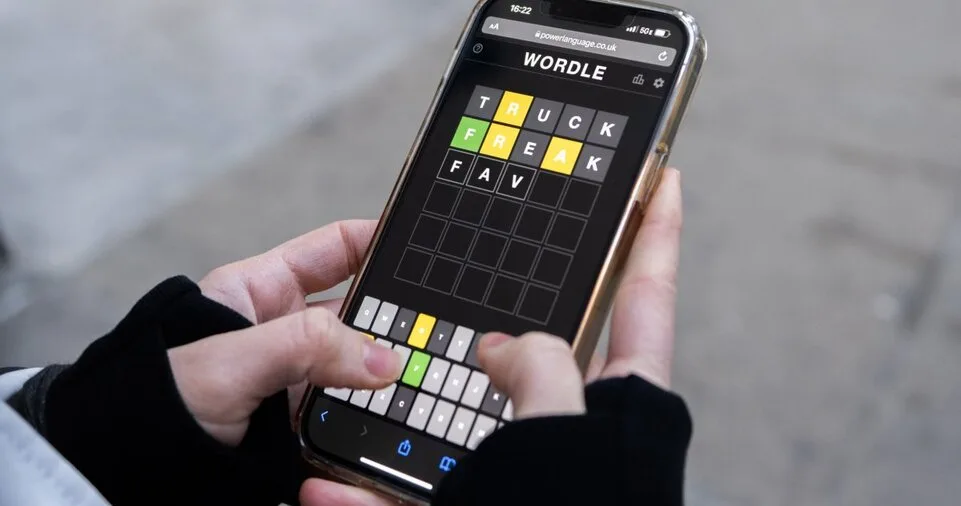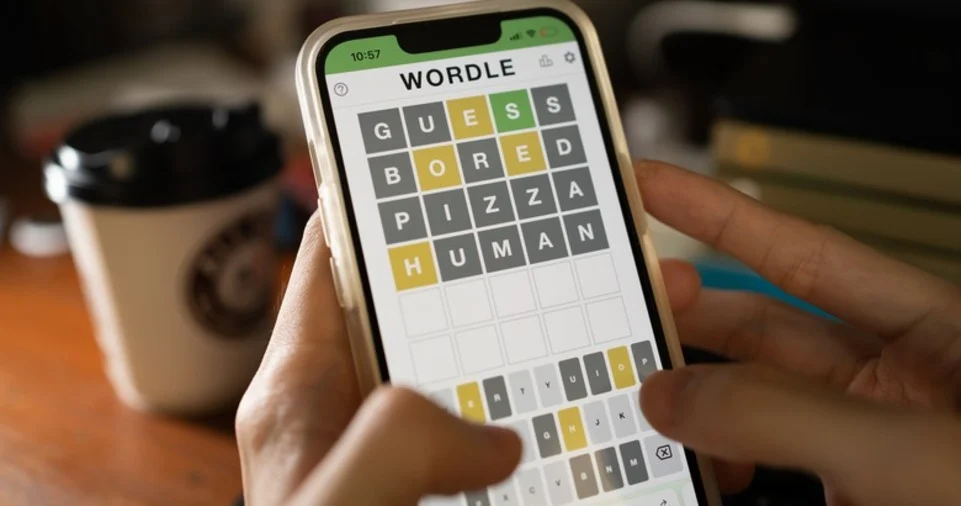Wordle has taken the world by storm as one of the most engaging and addictive word puzzles.
The game’s simplicity, combined with the thrill of solving a five-letter word in six attempts, has made it a daily ritual for millions of players.
However, despite its straightforward rules, many players find themselves stuck or unable to crack the puzzle.
This often stems from common mistakes that hinder their progress.
Whether you’re a beginner or someone looking to improve their strategy, understanding these pitfalls can dramatically enhance your gameplay.
In this article, we will delve into the top five mistakes players often make while playing Wordle.
We’ll provide actionable insights and strategies to avoid these errors and improve your chances of winning.
By the end, you’ll have a clear roadmap to approach the game more thoughtfully and effectively.
Let’s explore these common mistakes and how you can avoid them to master the art of Wordle.
Mistake 1: Not Starting with a Balanced Word
Why It Matters
Your first guess in Wordle sets the foundation for the entire game.
A poor starting word can limit your progress by failing to provide useful clues about the target word.
Many players fall into the trap of choosing words with repetitive letters or ones that lack a good mix of vowels and consonants.
How to Avoid This Mistake
A balanced starting word should include a combination of common vowels (A, E, I, O, U) and consonants (S, T, R, N, L).
These letters are statistically more likely to appear in English words, giving you a better chance of uncovering the correct letters early on.
For example, starting with a word like “crate” or “audio” increases your chances of identifying key letters in the first attempt.
Additionally, avoid using words with duplicate letters in the first round.
For instance, while “apple” is a valid word, its double ‘P’ limits the variety of feedback you’ll receive.
Opt for words that maximize letter diversity, helping you gather more clues for subsequent guesses.
Pro Tip
Experiment with different starting words to find one that works best for you.
Many seasoned players stick to a consistent starter, as it helps them develop a systematic approach.
Mistake 2: Ignoring the Clues

Understanding the Feedback
Wordle’s color-coded system provides crucial feedback after each guess.
Letters highlighted in green are in the correct position, while yellow indicates a correct letter in the wrong position.
Letters that remain gray are not part of the target word. Ignoring these clues or failing to use them effectively is a common mistake that can derail your strategy.
How to Avoid This Mistake
Reposition Yellow Letters:
If a letter turns yellow, it’s a sign to move it to a different position in your next guesses. Don’t waste an opportunity by leaving it in the same spot.
Lock in Green Letters:
Once a letter turns green, it’s in the right place. Build your guesses around these locked-in letters to narrow down possibilities.
Eliminate Gray Letters:
Avoid reusing letters marked gray in subsequent guesses. This not only wastes a guess but also slows your progress.
Common Pitfalls
- Repeating the same incorrect placement for yellow letters.
- Overlooking green letters and not prioritizing their fixed positions.
- Forgetting to track letters already eliminated.
By methodically incorporating these clues into your strategy, you can significantly narrow down the potential answers and solve the puzzle more efficiently.
ALSO READ: How to Guess Wordle Words Faster: Strategies for Beginners
Mistake 3: Not Eliminating Letters Strategically
Why Strategic Elimination is Crucial
Each guess in Wordle should serve a purpose—either confirming the presence of a letter or eliminating possibilities.
Many players squander their guesses by not testing new letters strategically. This often leads to frustration and missed opportunities.
How to Avoid This Mistake
Test Multiple New Letters:
Instead of focusing on confirming a single letter, try to include several new letters in your guess.
For example, if your first guess was “audio” and revealed no correct letters, your next guess should focus on entirely different letters like “spend.”
Avoid Guessing Random Words:
Each guess should build on the feedback from previous attempts. Random guesses waste opportunities to gather useful information.
Track Your Progress:
Use a notepad or mental notes to keep track of eliminated letters and confirmed positions. This can help you visualize the possibilities more clearly.
Pro Tip
Dedicate your first few guesses to exploring as many unique letters as possible. Once you’ve gathered sufficient clues, shift your focus to solving the word.
Mistake 4: Overlooking Common Word Patterns

Recognizing Patterns
English words often follow predictable patterns, such as common endings or letter combinations.
Ignoring these patterns can make the game unnecessarily challenging.
Common Patterns to Consider
Word Endings:
Pay attention to common endings like -ing, -ed, -er, or -es. These patterns are frequently used in English words.
Double Letters:
Don’t rule out the possibility of repeated letters, such as “sheep” or “pizza.” Many players overlook these, assuming all letters must be unique.
Consonant-Vowel Combinations:
Words often alternate between consonants and vowels. For instance, “stone” or “radio” follow this pattern, making them good guesses.
How to Leverage Patterns
When you’ve identified a few letters, consider how they might fit into common word structures.
For example, if you have “S” and “E” in the word, think of combinations like “STE,” “SEE,” or “SES.” Use these patterns to narrow down your guesses.
Mistake 5: Rushing Your Guesses
The Importance of Patience
Wordle is a game of strategy and analysis, not speed.
Many players rush through their guesses, leading to avoidable mistakes like reusing gray letters or overlooking yellow and green clues.
How to Avoid This Mistake
Take Your Time:
Before making a guess, review the feedback from your previous attempts. Ensure your next word incorporates the clues effectively.
Double-Check for Errors:
Avoid simple errors like reusing eliminated letters or misplacing yellow letters in the same position.
Think Ahead:
Consider how your current guess will influence future attempts. A well-thought-out guess can reveal multiple clues at once, saving you valuable turns.
Pro Tip
Approach Wordle as a logical puzzle rather than a race. The more thoughtfully you play, the better your chances of solving the word.
ALSO READ: How to Select Jigsaw Puzzles Based on Themes and Piece Counts
Conclusion
Wordle is as much about strategy as it is about vocabulary.
By avoiding these five common mistakes—not starting with a balanced word, ignoring clues, failing to eliminate letters strategically, overlooking word patterns, and rushing guesses—you can greatly improve your gameplay.
Remember, each guess is an opportunity to learn more about the target word.
Approach the game methodically, and you’ll find yourself solving puzzles more consistently and enjoying the process even more.
Happy Wordling!

